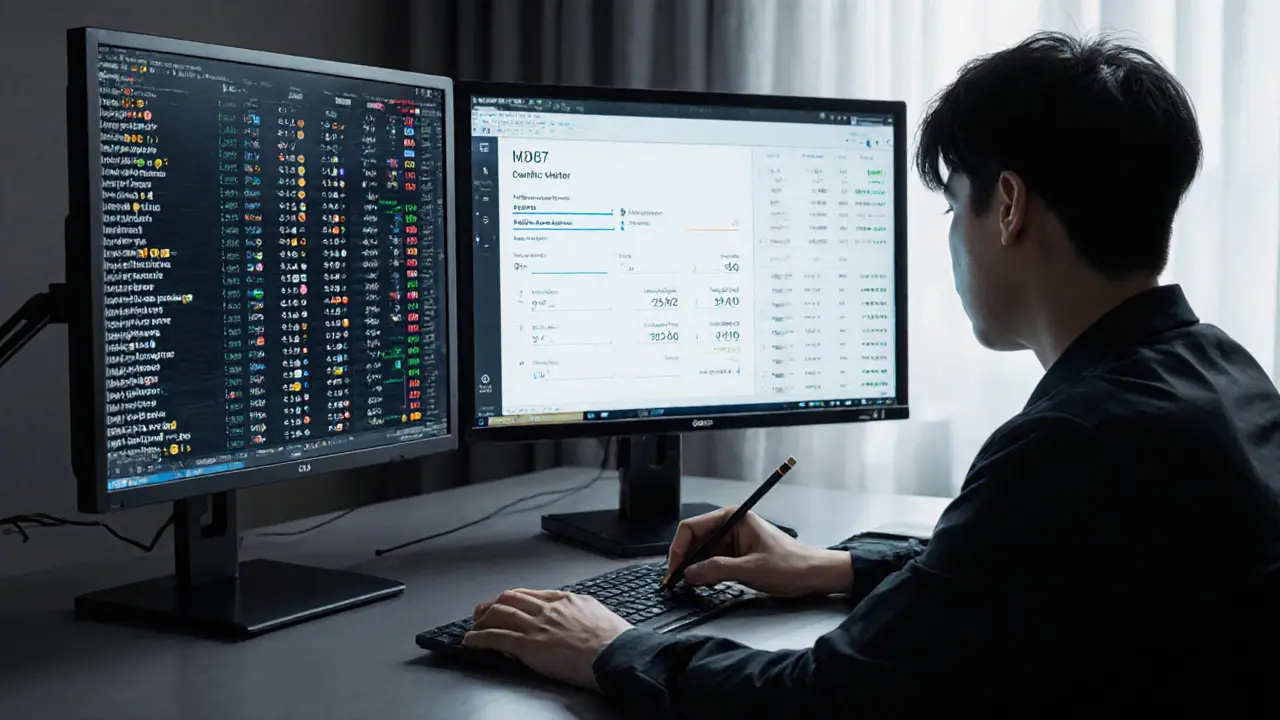A detailed review of Huobi Korea covering its features, fees, security, Korean availability, pros and cons, and how it compares to local exchanges.
Korean Crypto Exchange Overview
When working with Korean crypto exchange, a South Korean platform for buying, selling, and swapping digital assets. Also known as Korean exchange, it serves millions of users who need fast, low‑fee trading and local fiat on‑ramps.
The market is dominated by a few heavy hitters. Upbit, South Korea's largest crypto exchange by volume offers a wide token list and deep liquidity, while Bithumb, one of the country's oldest platforms with strong KYC processes focuses on security and local partnerships. Both platforms shape market competition and pricing signals, which means a trader’s choice can affect execution speed and fees.
Regulation is another must‑know piece. The Korean Financial Services Commission, the regulator overseeing financial markets in South Korea enforces real‑name accounts, anti‑money‑laundering rules, and periodic audits of exchanges. Compliance requirements push exchanges to adopt transparent reporting and robust security, helping protect users but also adding steps before you can fund an account.
What to Expect When Trading on Korean Platforms
Because of the tight link between Korean crypto exchange and local banking, you’ll often see faster KRW deposits and withdrawals compared to offshore services. However, you also need to navigate limits on daily transaction amounts and occasional maintenance windows driven by regulatory updates. Fees vary: Upbit typically charges a maker‑taker model around 0.05‑0.15%, while Bithumb’s structure leans toward a flat fee plus a small spread. Spotting the right moment to move funds between exchanges can shave off a few percent on large trades.
Security practices differ, too. Upbit employs multi‑signature wallets and regular penetration testing, whereas Bithumb has invested heavily in cold‑storage solutions after early‑stage breaches. Both platforms now offer two‑factor authentication, but Bithumb also lets you set withdrawal limits per‑day, a feature that can protect you if your account is compromised.
Beyond the big names, niche platforms like WEMIX.Fi and Yibi Exchange are trying to carve out a space by blending GameFi incentives with traditional trading tools. While they don’t have the same market share, they illustrate how Korean exchanges are experimenting with new revenue models—staking rewards, token‑gated events, and cross‑chain swaps.
For newcomers, start by verifying the exchange’s registration with the Financial Services Commission, check its fee schedule, and test the withdrawal process with a small amount. Seasoned traders often keep a core position on Upbit for liquidity, then use Bithumb for arbitrage or to access exclusive Korean‑only token listings.
All of this context sets the stage for the deep dives below. In the sections that follow you’ll find detailed reviews, fee breakdowns, security analyses, and real‑world tips that help you decide which Korean crypto exchange fits your style and how to stay compliant in a fast‑moving regulatory environment.

